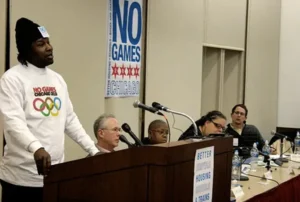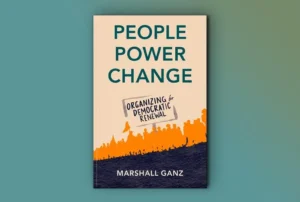 October 24, 2014; Spokesman-Review
October 24, 2014; Spokesman-Review
It is essential for local nonprofits—especially those engaged in serving a challenged and difficult clientele—to have a constructive and cooperative relationship with their local government leaders, especially the local police department. A dispute between the city of Spokane, Washington, and a treatment center points that out.
The Spokane Spokesman-Review reports that local police are complaining that a treatment center for troubled young people is calling for help too often—110 calls per month to police by the Excelsior Youth Center from September 2013, for a total of 1,629 calls for service, police records show.
Most of the calls are for runaways, says the paper, but there are also reports of assaults on staff members or other young people at the treatment center, amounting to about 10 of those calls a month.
Sign up for our free newsletters
Subscribe to NPQ's newsletters to have our top stories delivered directly to your inbox.
By signing up, you agree to our privacy policy and terms of use, and to receive messages from NPQ and our partners.
“Excelsior is the largest single consumer of law enforcement resources for the Spokane Police Department,” said Spokane’s City Attorney, although the director of the non-profit disputes those numbers.
The article reports that half of the 50 in-patient clients at Excelsior are being treated for mental health or behavioral issues, the others for substance abuse. None of the clients, ranging from 10 to 21, are there as a result of criminal behavior.
Excelsior has requested police records for reports so it can cross-reference them with their own incident reports. The agency serves about 90 clients at a time; its budget in 2013 was about $4.5 million, almost all from state reimbursements.
The executive director is cooperating with police over their concerns related to runaways and assaults, as well as criminal activity in the area possibly committed by young people from the facility, although the interaction initially started out confrontationally.
It might have been a good idea to start that conversation before the issue became critical and public, with a proactive government relations effort on the part of the nonprofit. The City Attorney’s complaints set off inspections from state regulatory agencies, which found no problems.
NPQ has written previously on the complaints of some localities concerning nonprofit organizations that use up more than their share of services paid for out of the local budget. This can sometimes spark calls for a withdrawal of property tax exemption.—Larry Kaplan












